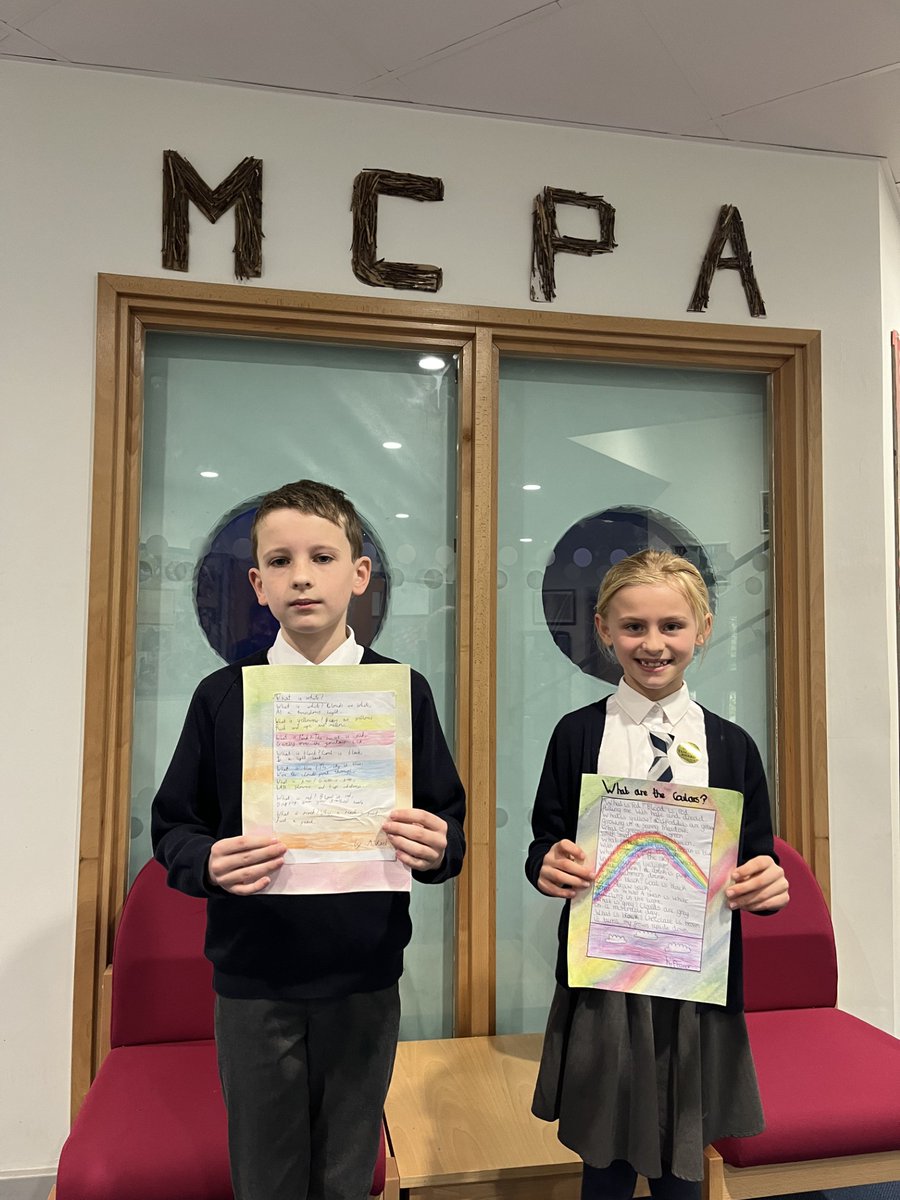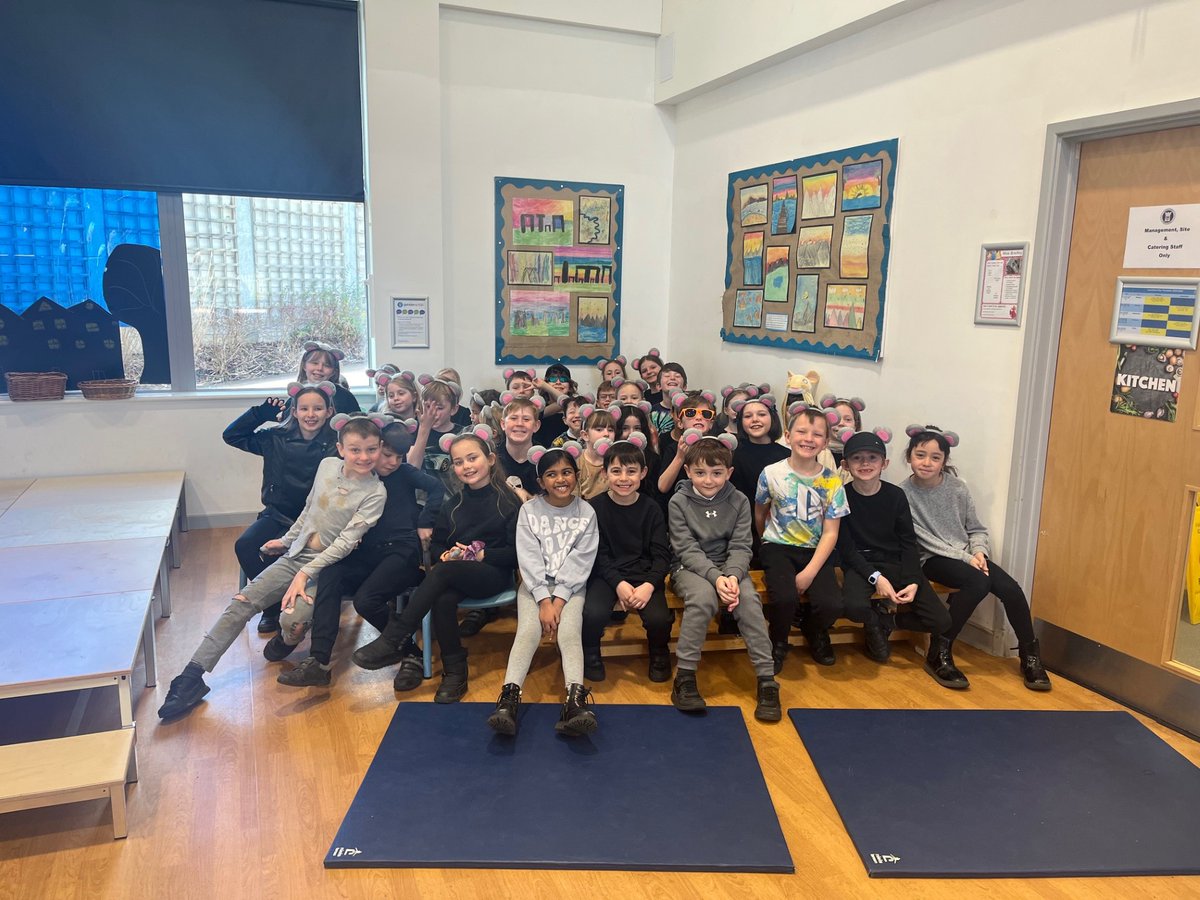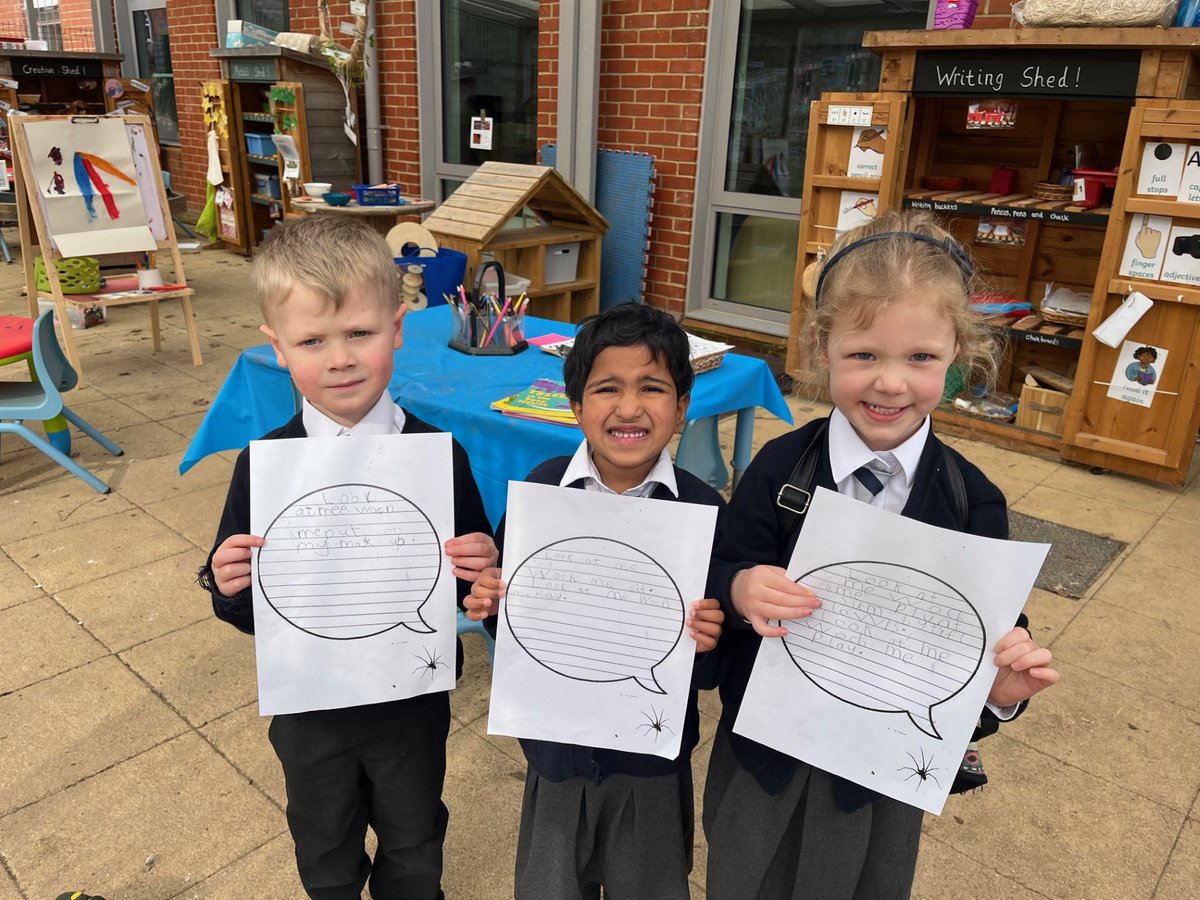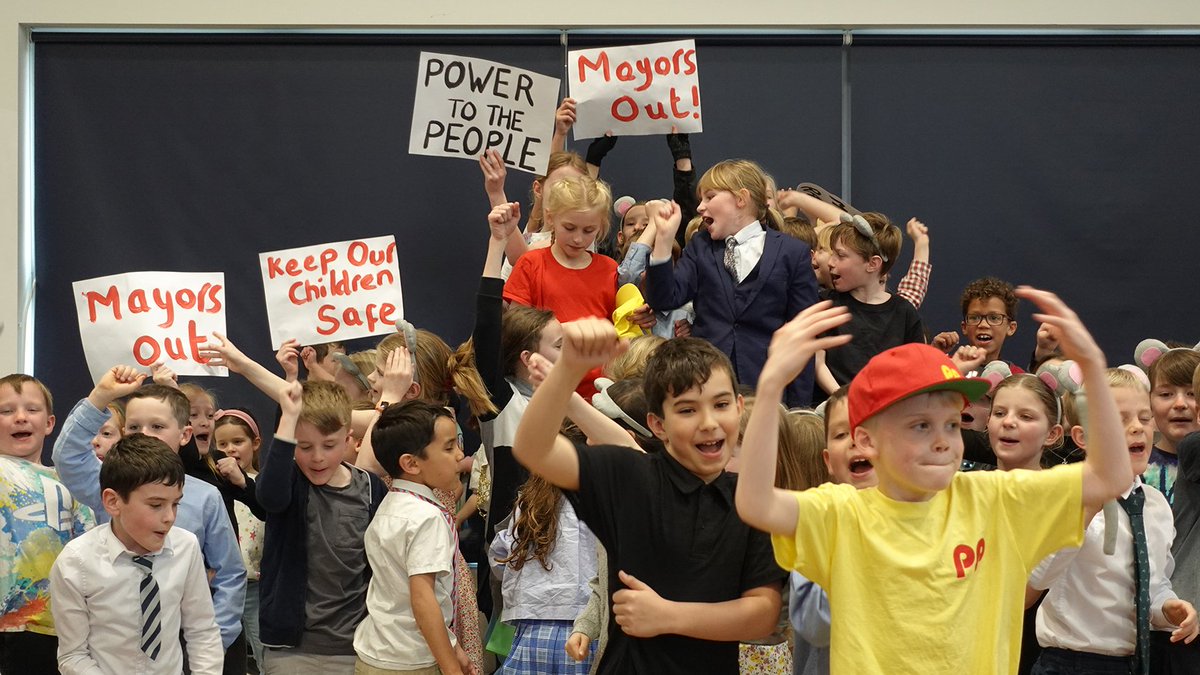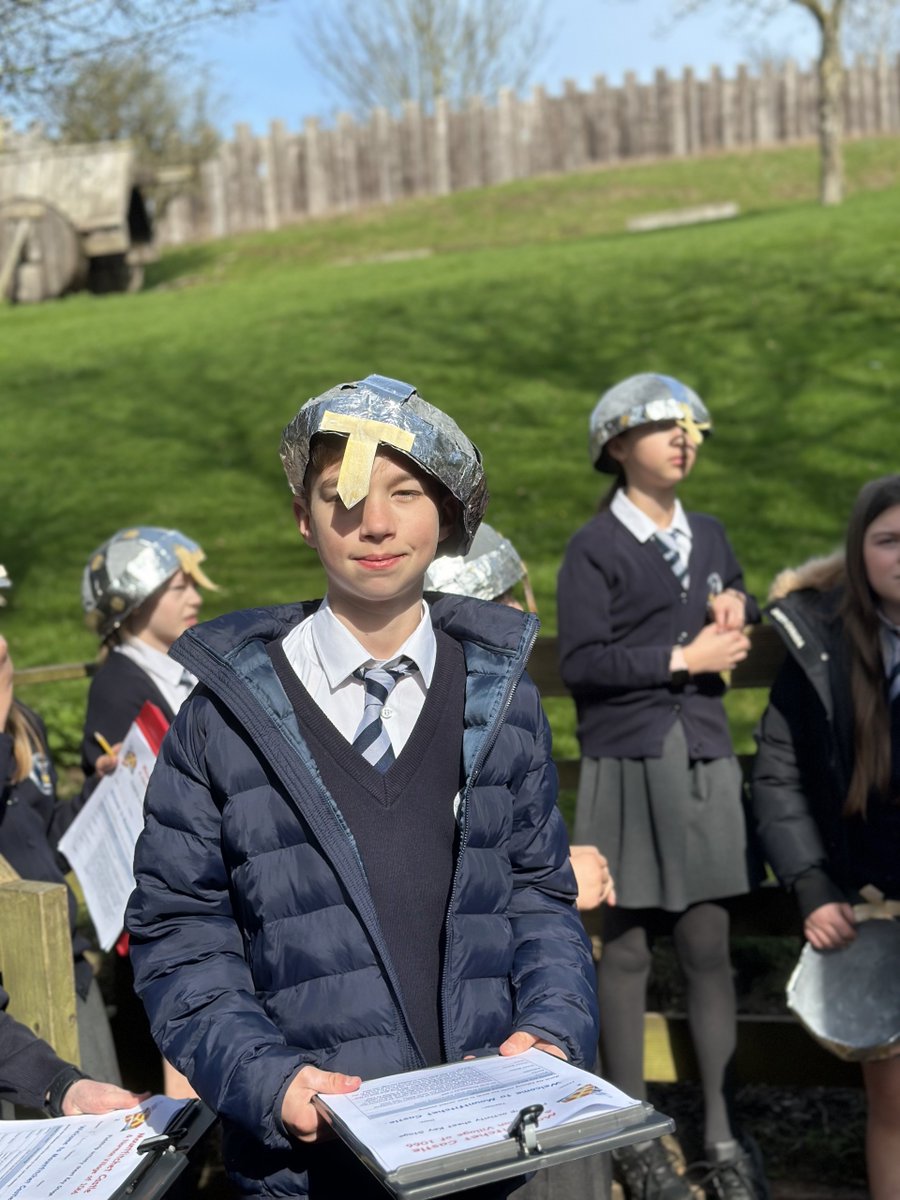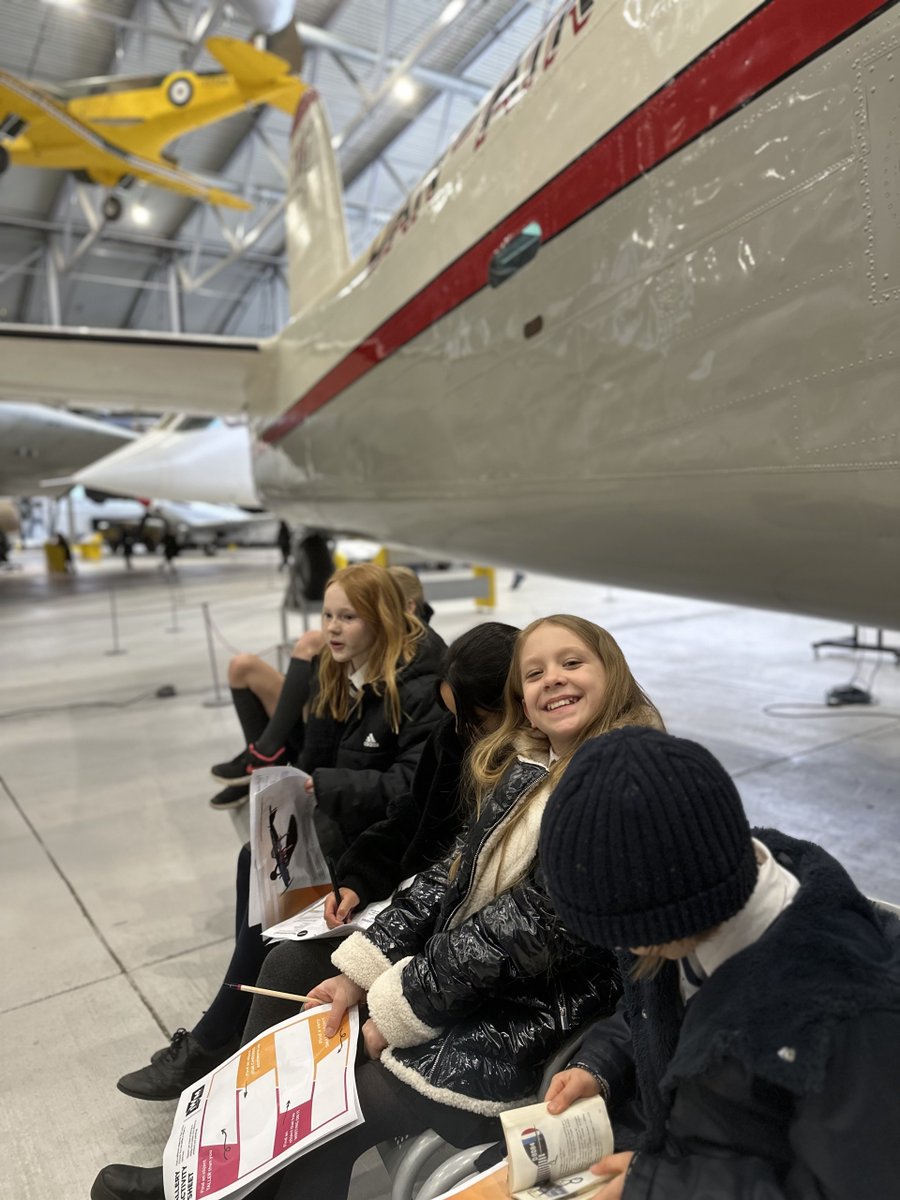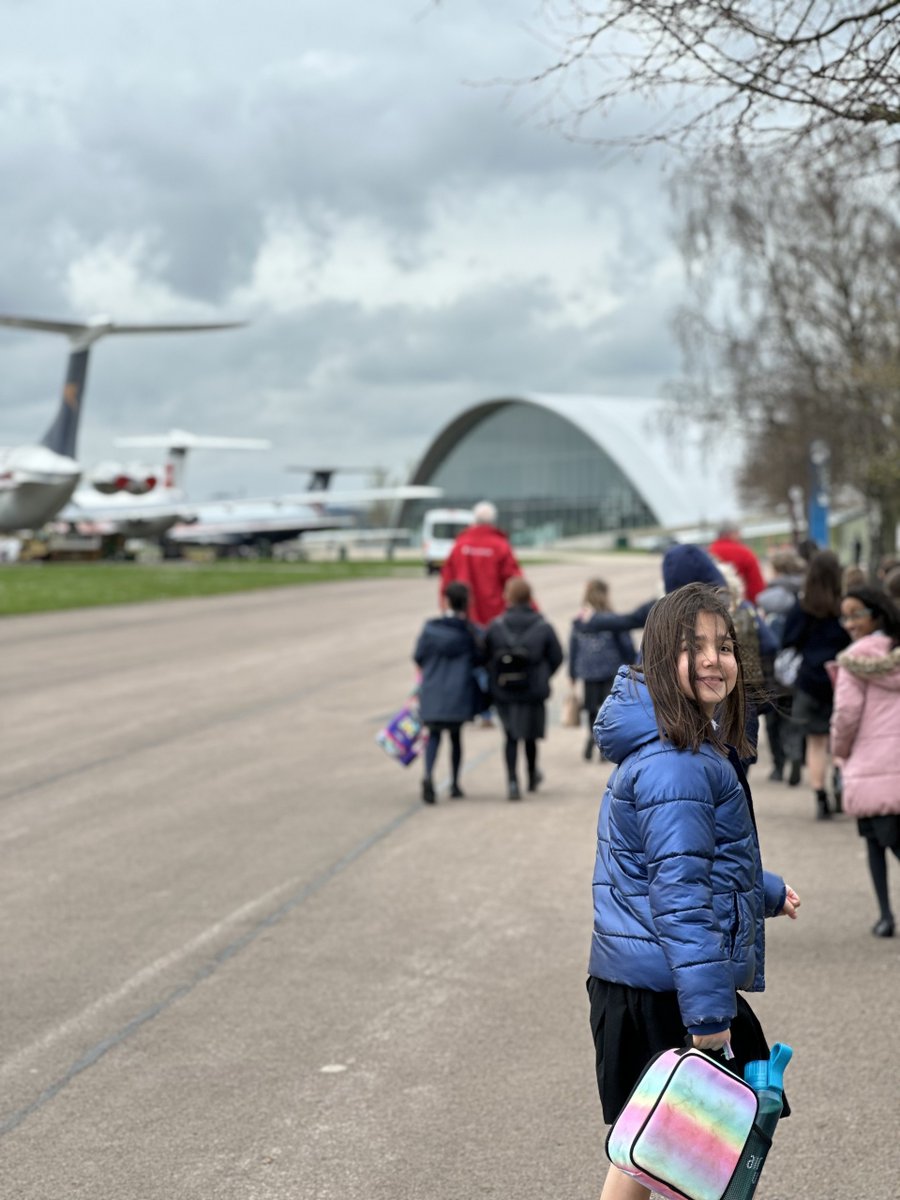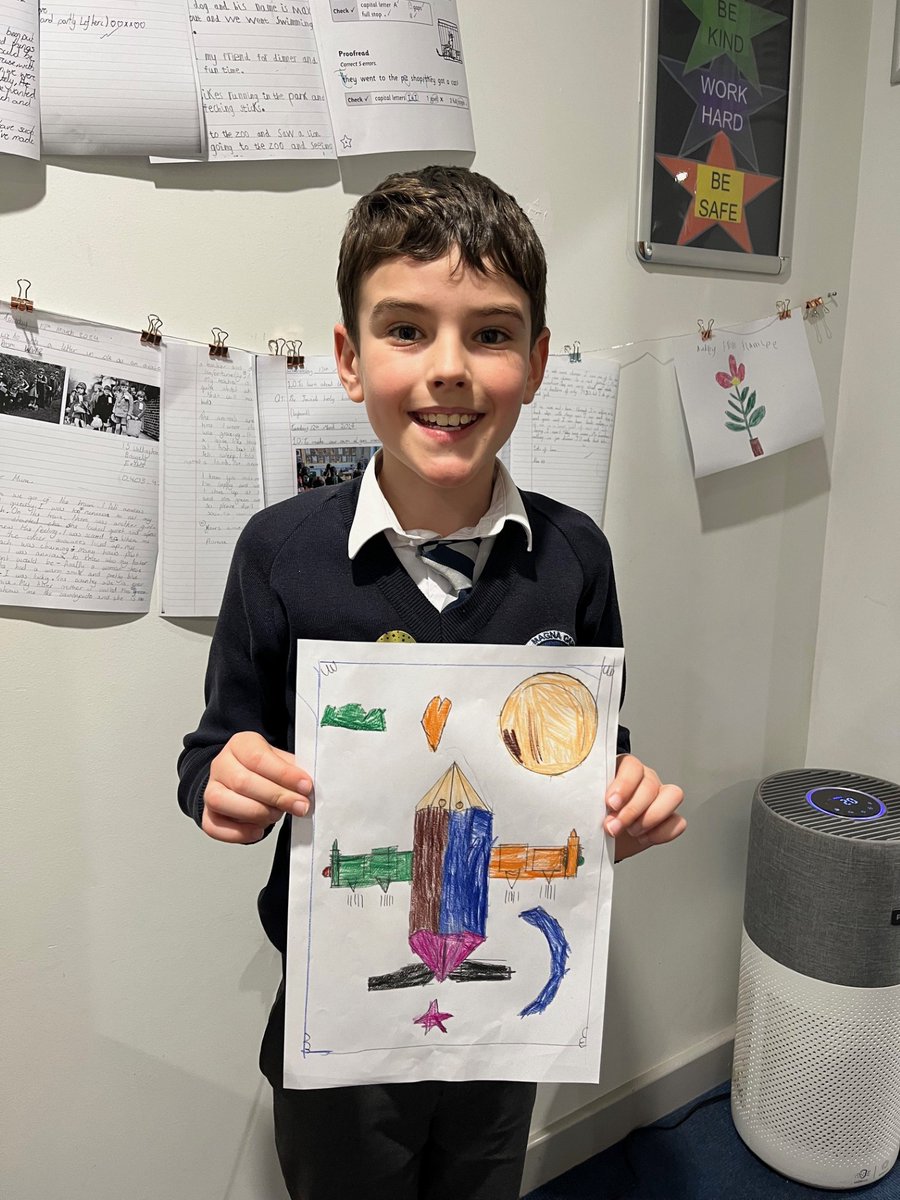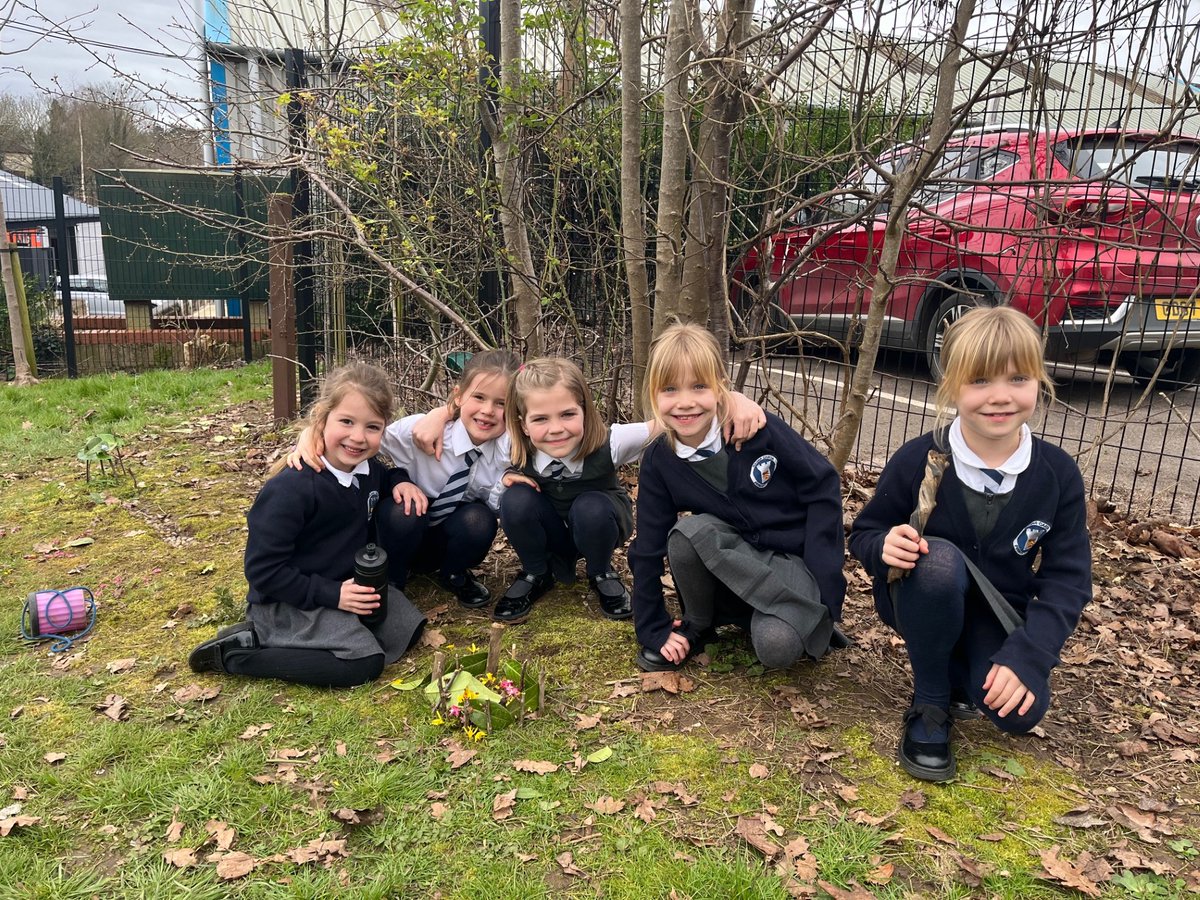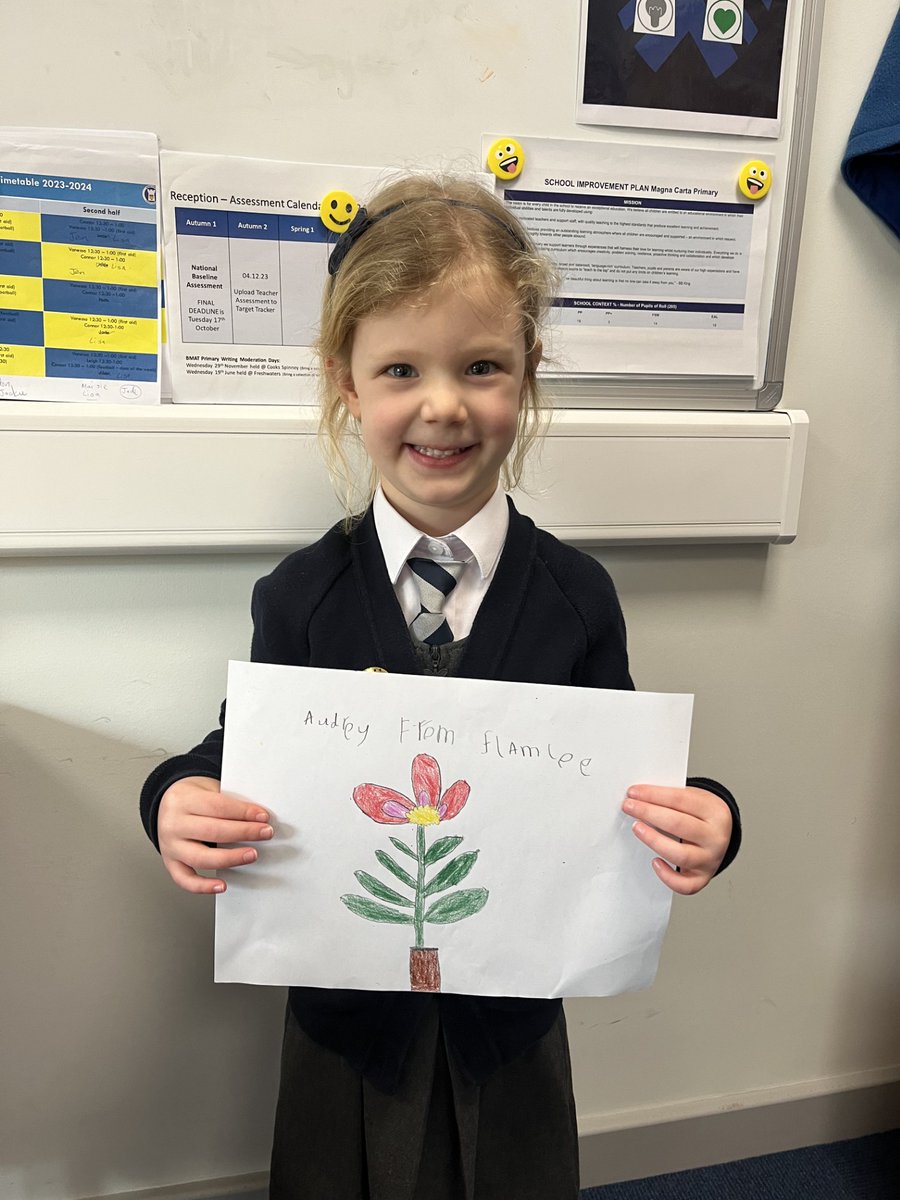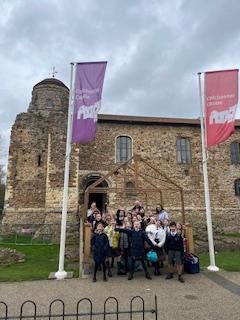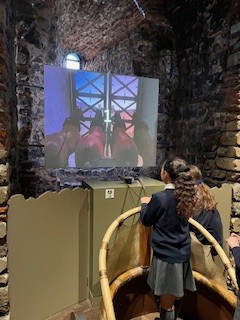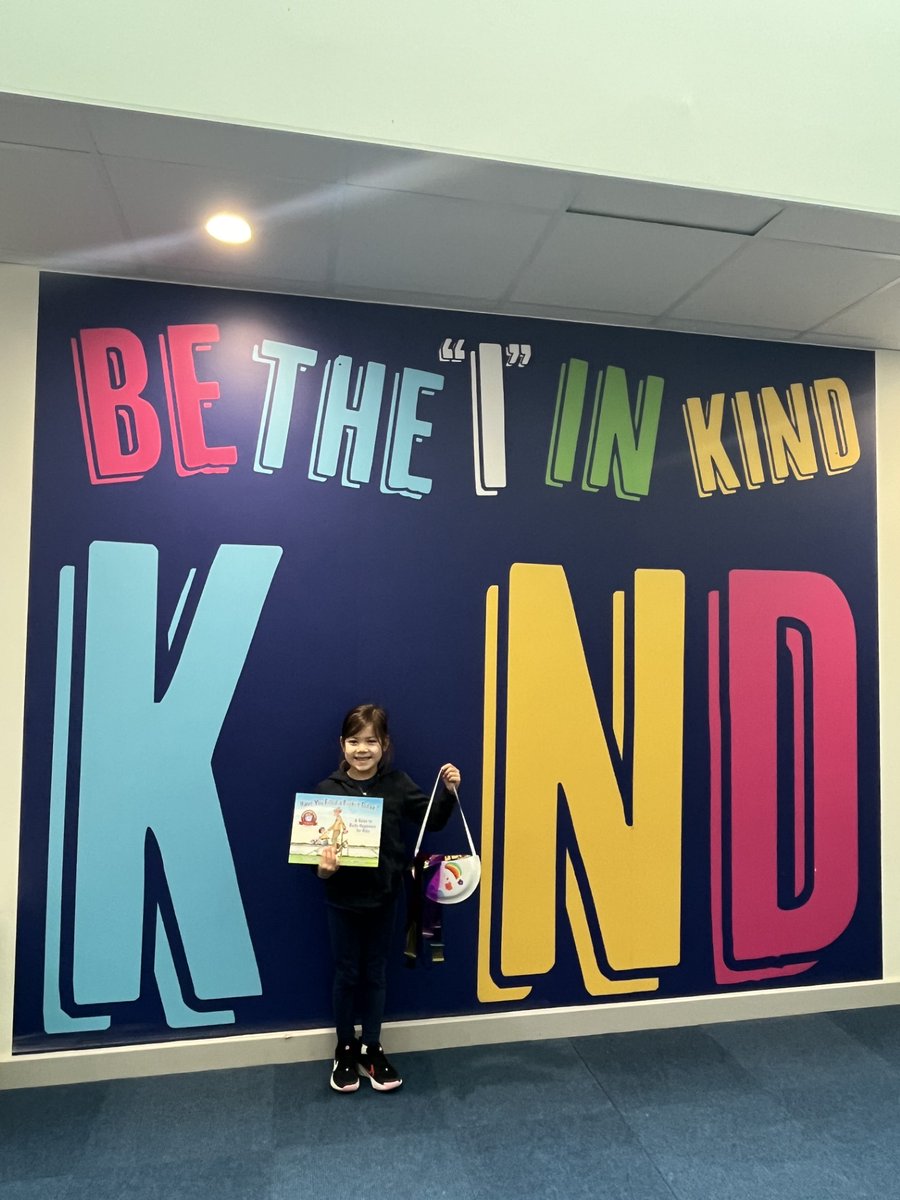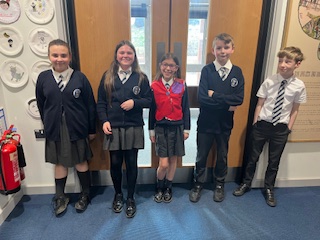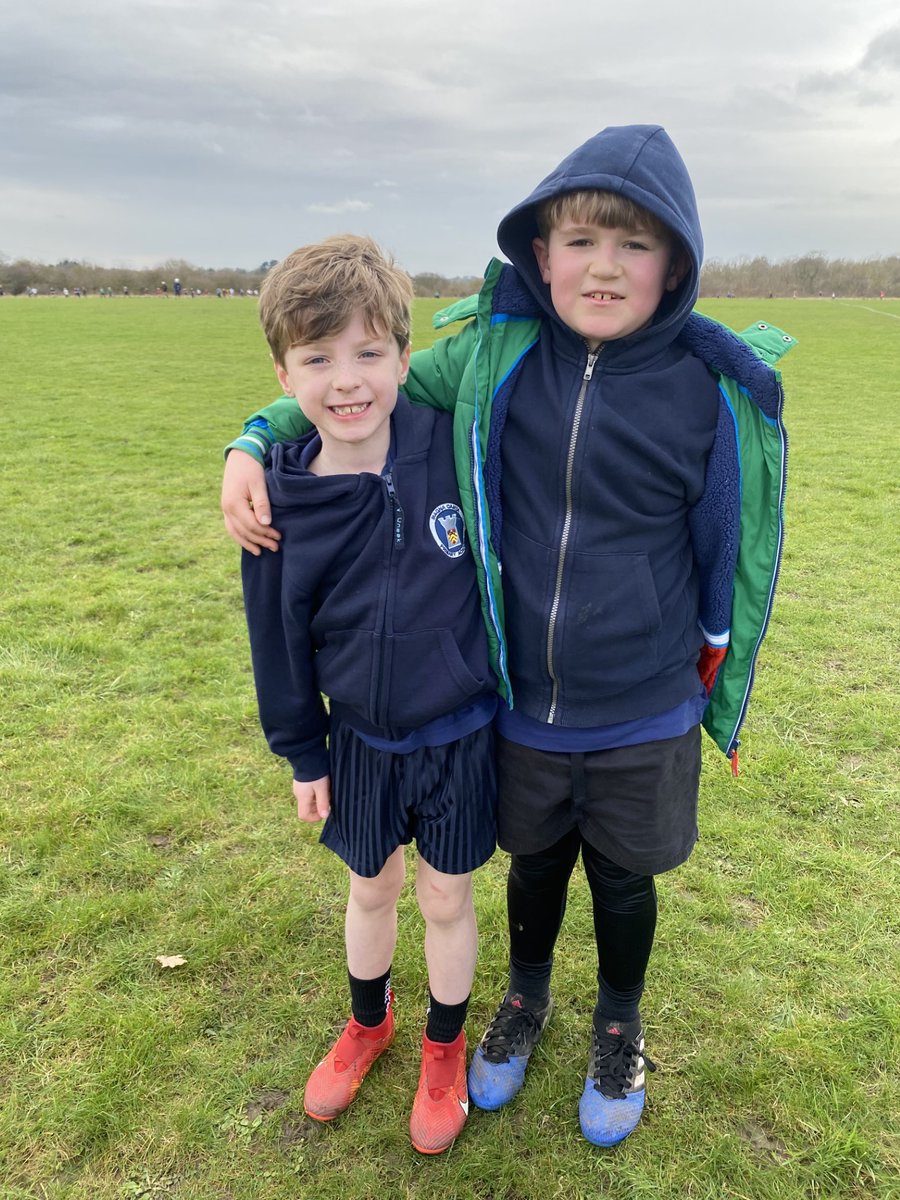Curriculum
Education is the most powerful weapon which you can use to change the world. Nelson Mandela
The Case for Knowledge
Primary school is not just a place where basic skills are developed. It is where fundamental knowledge and vocabulary should be built up, and that will determine that pupil’s long-term ability to gain further knowledge and vocabulary. Knowledge is necessary for far more than being able to access the English Literature A Level paper. It’s crucial to society and feeling part of it.
Read this extract from A Hope in the Unseen by Ron Suskind:
‘He begins to wander, gazing at titles and authors: Sylvia Plath’s The Bell Jar, Hemingway’s For Whom the Bell Tolls, a biography of Theodore Roosevelt, another of Woodrow Wilson. All people from another country. Some of the names sound vaguely familiar. Most draw a blank… He looks to his left. Martin Gilbert’s new biography Churchill, A Life is piled five feet high… Oh god, he thinks. I should know who that is.’
Add to that, Virginia Woolf, Karl Marx and other intellectuals of western culture. Our pupils will not be able to take part in conversations about them if they are cut off from knowledge- a cultural capital- that others may take for granted. The national curriculum is not enough.
Principles of the Curriculum
Magna Carta’s curriculum:
- Is underpinned by aims, values and purpose. These are the curriculum drivers.
- Draws on the knowledge children need.
- Has a local, national and global dimension.
- Drives what is taught and what is assessed.
- Is filled with rich, 1st hand purposeful experiences.
- Develops the whole person- intellectual, creative, skills, understanding, social, moral, physical and attitudes.
- Is flexible, responsive to individual needs and interests.
- Embeds the principle of sustainability.
- Develops talents to the full.
- Is broad, balanced and has clear progression in subject knowledge and skills.
- Is designed and taught by experts.
- Keeps an eye on the future and needs of future citizens.
- Encourages the use of environments and expertise beyond the classroom (identify and exploit local resources).
- Makes meaningful links between areas of knowledge across the curriculum and the major issues of our time.
Practicalities of the Curriculum:
- The teaching and learning of core knowledge.
- Fewer topics studied within curriculum areas.
- Topics studied in depth.
- A scheme of work in every subject, in every key stage.
- Termly assessments in every subject in key stages one and two (to include learning from previous terms and years within the key stage).
- The teaching and development of thinking skills (embedded within subjects).
- The teaching of Classics, including Latin from Key Stage 2.
- The teaching of Religious Education and Theology from Key Stage 1.
- The teaching of Biology in Key Stage 1.
- The teaching of Biology, Chemistry and Physics from Key Stage 2.
- Subject specialist teaching in PE and Spanish, with a view to subject specialist teaching in Music, Art and Design Technology.
The Curriculum Drivers
Our curriculum is driven by:
- embedding a knowledge of the world;
- enabling investigation and enquiry;
- encouraging enterprise and aspiration;
- affording a local, national and global perspective.
What is meant by each curriculum driver?
Knowledge of the World
- ensures pupils have a core knowledge of historical events and figures and the impact they have had on our world;
- ensures pupils have a core knowledge of classical civilisations and their impact on our world, including references made in literature;
- equips pupils with a comprehensive knowledge of world geography;
- promotes cultural awareness and celebrates diversity;
- relates learning to real life contexts;
- develops pupils’ cultural literacy by giving them a secure knowledge of theology and are mindful of the universal questions that have troubled humankind through the ages;
- explores the impact of important individuals in our world;
- enables pupils to discover how and why things work;
- raises environmental awareness;
- uses technology effectively.
Enterprise and Aspiration
- exposes pupils to a non-exhaustive range of career possibilities;
- promotes enterprise;
- teaches pupils to be financially responsible;
- enables pupils to learn from failed enterprise initiatives.
Investigation and Enquiry
- promotes pupils being inquisitive and questioning;
- encourages pupils to be resourceful and independent in their learning;
- provides opportunities for independent thinking and application of skills;
- develops collaborative learning;
- provides opportunities for purposeful 1st hand experiences;
- encourages positive risk taking;
- equips pupils with the skills they need to manage information;
- actively requires pupils to persevere and improve through evaluation;
- nurtures problem solvers.
Local, National and Global
- maximises opportunities for purposeful learning in the outdoors;
- develops a sense of awe and wonder, adventure and respect for nature;
- supports parents in teaching pupils to distinguish between right and wrong and to be responsible for their behaviour and respect the laws of England;
- encourages respect for democracy, public institutions and services in the UK;
- provides pupils with opportunities to make a difference and contribute positively to the school and wider community;
- encourages the use of environments and expertise beyond the classroom;
- encourages harmony by appreciating and respecting pupils’ own and other cultures;
- inspires pupils to travel the world;
- examines global and social mobility.
Questions to ask of our curriculum
David Didau's book, Making Kids Cleverer includes a chapter on deciding what knowledge to teach in a school curriculum. He asks a series of questions. We feel our curriculum stands up to this test.
- Does it add to children's knowledge of what others in society consider to be valuable?
- Does it enable children to take part in discussion or debate that they would otherwise be excluded from?
- Does it enable children to critique what others have decided is important or true?
- Does it allow children to think beyond the confines of their experiences outside of school?
- Does it open up new ways of considering the world?
- Does it allow children to better critically evaluate what they have already been taught?
- Does it make it easier for children to speak to others about abstract concepts?
- Is it rooted in how to perform a task, or in why the task should be performed?
- Would this be good enough for my own children?
- How do I know this choice is better than an alternative?

